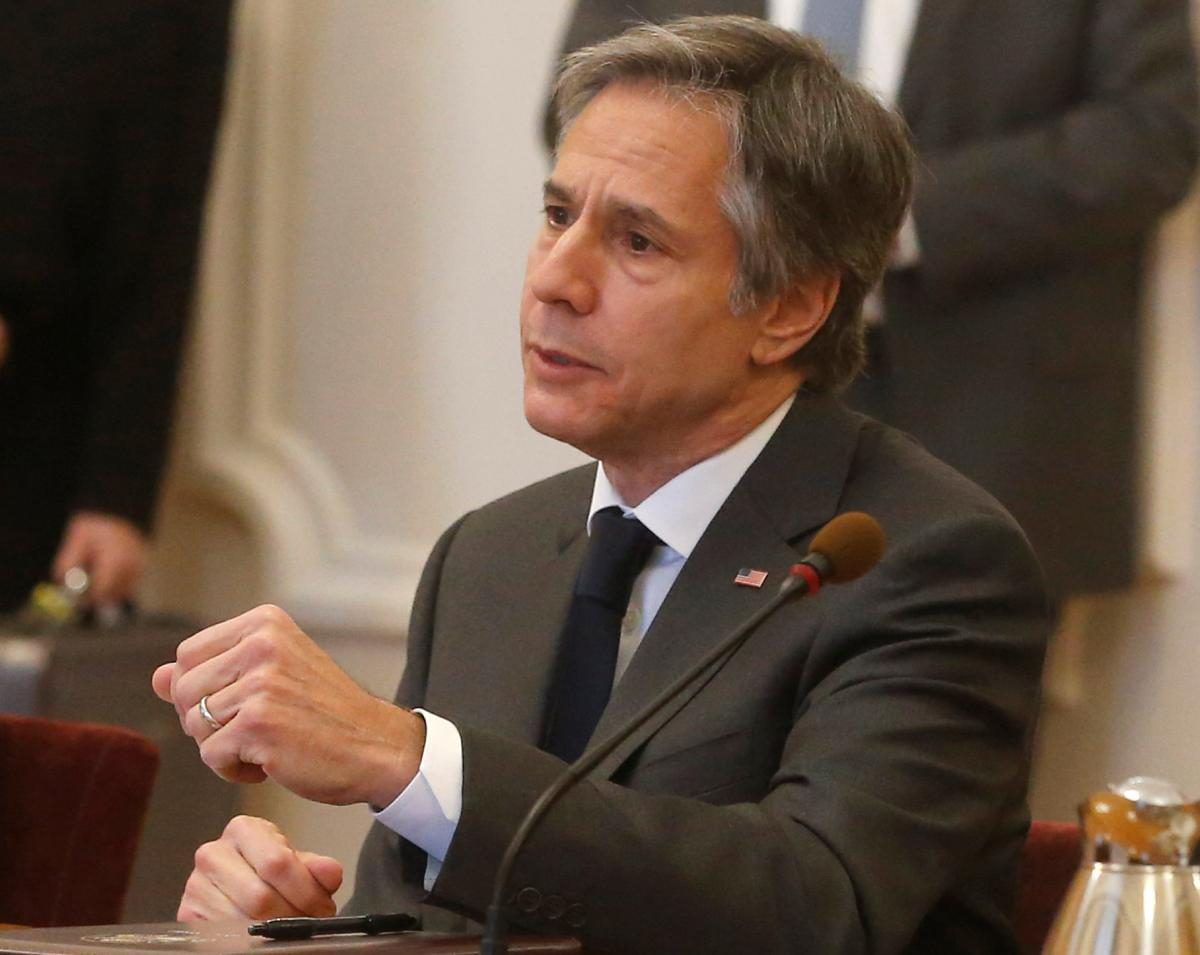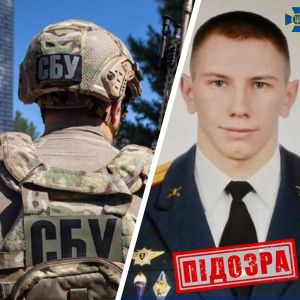“Wheels down in Kyiv as we look to strengthen the U.S.-Ukraine Partnership. This will be an important opportunity to discuss continued Russian aggression and to underscore the need for maintaining both the pace of and focus on reforms with our Ukrainian partners”. That was one of the latest Tweets from U.S. State Secretary Antony Blinken, he posted on May 5, upon his arrival in the Ukrainian capital city.
In the opinion of many analysts and politicians, his visit was a symbolic one for Ukraine. And it is true. The U.S. State Secretary paid his first visit to Ukraine immediately after his participation in the London meeting of the G7 foreign ministers where he had a number of bilateral talks with European leaders. The trip was held at a time when Russia concentrated the largest contingent of troops on the Ukrainian border and in the occupied Crimea.
In its press release on May 5, 2021, the U.S. State Department outlined the main purpose of Antony Blinken’s trip to Ukraine, "Secretary Blinken will visit Kyiv, Ukraine on May 6, … to underscore unwavering U.S. support for Ukraine's sovereignty and territorial integrity in the face of Russia's ongoing aggression".
In the course of his trip, the State Secretary will encourage the Ukrainian authorities to ensure more progress in reforms which are of key importance to strengthening Ukraine’s democratic institutions, promote its economic prosperity and Euro-Atlantic future.
In the context of U.S.-Ukraine bilateral relations, the United States remains resolute in its support for Ukraine’s efforts to achieve its Euro-Atlantic aspirations and to build a prosperous, secure and democratic future for all Ukrainians.
As for the Russian aggression in Ukraine, it’s been stressed that the United States is deeply concerned about Russia's ongoing aggressive actions and rhetoric targeting Ukraine, including the increased Russian troop presence in occupied Crimea and around Ukraine's borders. The United States continues to monitor the situation closely and to coordinate with Ukrainian officials, Allies, and partners. "We commend Ukraine for its ongoing restraint and have made clear in our engagement with Moscow that Russia needs to refrain from escalatory actions", the State Department said in its press release.
Besides, the U.S. State Department has emphasized that Crimea and Donbas are an integral part of Ukraine. "The United States does not, nor will we ever, recognize Russia's purported annexation of the Crimean Peninsula. We call on Russia to return full control of the peninsula to Ukraine".
The issues mentioned in the press release became the main subjects of the talks the head of the American diplomacy held with President Volodymyr Zelenskyy, Prime Minister Denys Shmyhal, Verkhovna Rada Chairman Dmytro Razumkov and heads of the parliamentary factions, as well as with Foreign Minister Dmytro Kuleba. The Ukrainian party has stressed that the visit of Antony Blinken has demonstrated reliable support and a high level of bilateral relations as an important stage in the development of strategic partnership.
At the same time, most political analysts believe that the visit of the American State Secretary was targeted primarily at finding the solution to the concrete issues, both tactical and strategic, rather than at holding protocol conversations. However, no particulars of the discussions have been disclosed by either party. For instance, during a joint press conference with Mr. Blinken, President of Ukraine Zelenskyy just mentioned that they had focused on the format of fundamental strategic aid the United States plans to provide. “But it is too early to reveal the details of the reached agreements”, he said. Apparently, by fundamental strategic support, Zelenskyy meant the possibility of granting Ukraine the status of Major Non-NATO Ally.
Secondly, Zelenskyy informed the press conference that together with Antony Blinken he had discussed the issue of security environment in the region of the Black Sea and the Sea of Azov. Zelensky was quoted as saying, “Here we can see the opportunity for common actions. There is a fundamental idea. However, I’m not going to elaborate on this publicly. The parties need to agree on the idea and then we will tell the public everything”.
Political observer Yuri Vyshnevsky says what the thinks about this idea, “If the United States is truly determined to grant Ukraine the status of Major Non-NATO Ally, then its decision will be a clear signal to the Kremlin that Washington is not going to give up Ukraine to Moscow and will not exchange it for any concessions that Putin will likely to offer Joe Biden during their expected July meeting”.
At the same time, the visit of the American State Secretary has vividly shown that Washington will keep demanding from the current Ukrainian authorities to continue reforms and intensify their efforts to combat corruption. In this regard, Blinken states that Ukraine faces two challenges: external – Russia and internal – corruption and oligarchs. “Ukraine faces two challenges: from outside – from Russia and inside – corruption and oligarchs who put their interests ahead of the interests of the Ukrainian people", he said.
An expert in the field of international affairs at the Washington-based Atlantic Council, Mark Simakovsky maintains that the political message the Biden Administration wanted to convey to the official Kyiv during the Blinken visit consists of three parts.
The first part is designed to demonstrate support for Ukraine and remind Russia that the United States stands in support of Ukraine in the face of foreign aggression.
The second part contains a message to European allies that Ukraine can count on strong and confident support which the Biden Administration regards as one of its priorities and wants to help Ukraine reach integration with the Western system.
And, finally, the third part is a message to the Ukrainian government that although the Biden Administration will continue supporting Kyiv, they should do their part of the job in implementing the reforms agenda. This will serve as a signal that Ukraine is a reliable partner for the United States regardless of a great number of challenges it has to address.
Mark Simakovsky concludes, “I think that President Zelenskyy will get a long list of demands to the Ukrainian government. In other words, if they want to receive permanent help or even additional aid from the United States, they should go their half of the way and make a tough political choice”.
The newspaper Voice of Ukraine






